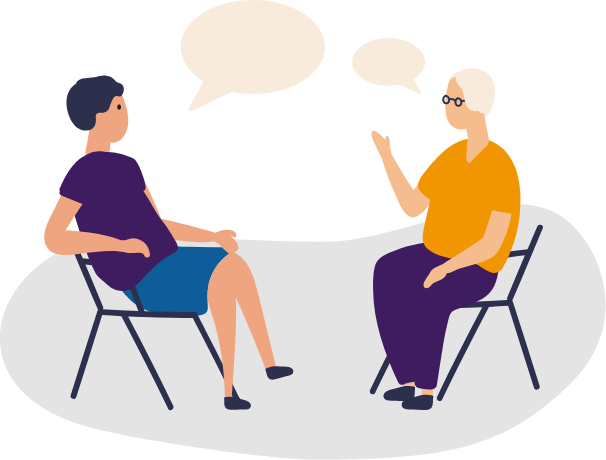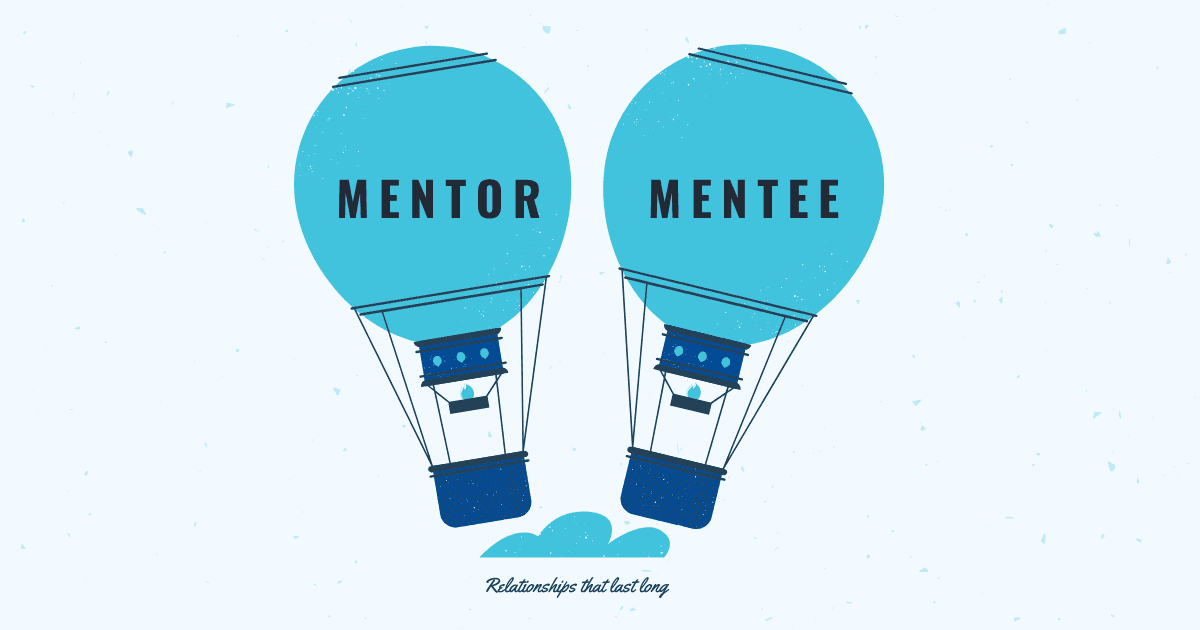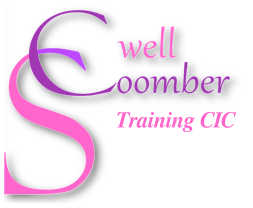So what is the difference between Counselling, Coaching and Mentoring?
 Counselling is undertaken by you and a fully accredited counsellor. On the whole you do most of the talking, the counsellor is only there to guide you in discovering the answers to your problem yourself.
Counselling is undertaken by you and a fully accredited counsellor. On the whole you do most of the talking, the counsellor is only there to guide you in discovering the answers to your problem yourself.
 Coaching is much more thought of within the sporting and business sector, though not exclusively. The coach will guide and teach you on how to develop your skills. Whether this is at the gym or in your current role at work.
Coaching is much more thought of within the sporting and business sector, though not exclusively. The coach will guide and teach you on how to develop your skills. Whether this is at the gym or in your current role at work.
 Mentoring is where the mentor and the client have a two way conversation. The relationship is very different to that of the counsellor or the coach. The mentor would help the client to up skill in whatever area the client requires. The role of the mentor is much more in line with being a good friend, big brother, or sister.
Mentoring is where the mentor and the client have a two way conversation. The relationship is very different to that of the counsellor or the coach. The mentor would help the client to up skill in whatever area the client requires. The role of the mentor is much more in line with being a good friend, big brother, or sister.
Of course all three professions are bound by the rules of confidentiality. The only time confidentiality should be breached is if the client disclosed committing an act of terrorism, harming someone else, or harming themselves.
In my role as a mentor I have guided my clients in many, many areas. These can range from helping university students manage their money, how to stay safe when entering new relationships, and how to work with their tutors. Often when working with autistic people I’ve helped them come to terms with their suspected diagnosis or how to seek medical diagnosis, to accept their differences but not to be ashamed of them but to own them. I have helped people understand what is blocking them from progressing. The client and I would identify what it is from their past that they have created as a truth, collected evidence to prove that that truth is true, but that “truth” has now become their roadblock.
So how do you identify which one of these three professionals you require?

I guess the role of the coach may be the easiest of the three to identify with. For instance if you want a progress at work you may go to your up line and asked them to teach you the skills that are required. Or you might ask someone in your up line if you can be accountable to them for fulfilling your targets. Or maybe you want to lose a certain amount of weight and become fitter, therefore you might seek out someone at your local leisure centre or gymnasium for help, advice, and to be accountable to.
Becoming the client of a counsellor is often for a shorter period of time, for a specific problem. It is common to be initially offered one meeting a week for six weeks, which is quite often adequate, though this can be extended. Often the client goes to the counsellor with one specific problem, though when resolving that problem it may raise other issues. The role of the counsellor is to listen, not to disclose anything about themselves, nor to solve the problem for the client but for the client to solve the problem for themselves.
Like the counsellor the mentor may also only offer one meeting a week for six weeks, though it is common for this to develop into a longer period of time. The relationship is very much a two-way flow where the mentor will share about themselves and their experiences as well as the client. So for instance if the client is struggling to manage their finances it would be appropriate for the mentor to speak of how they have learnt this themselves, including hiccups along the way. Obviously, the mentor would not reveal in-depth personal information, but it is important that the mentor shows that they have empathy with their client.
On a personal note I have a Bachelor’s Degree in Counselling Coaching and Mentoring. Had I wished to have become a counsellor I would have had to take another year’s course equal to a Master’s Degree. At the end of that year I would have then had to register with a counselling association before I went into practice. This is not required to become a Coach or a Mentor, in fact no qualifications are required, and you do not have to be a member of any association.
That being said, working with a trained, experienced Mentor like me is always advisable.
To find out more please contact us.
